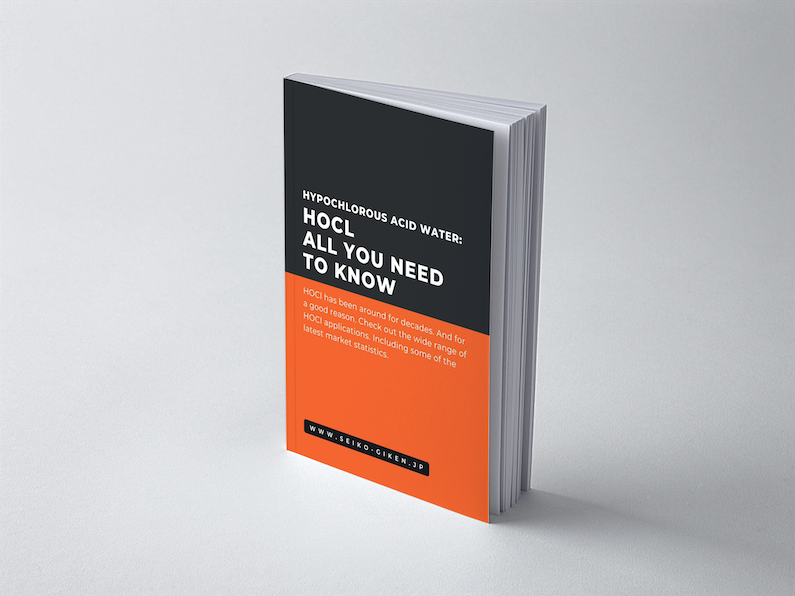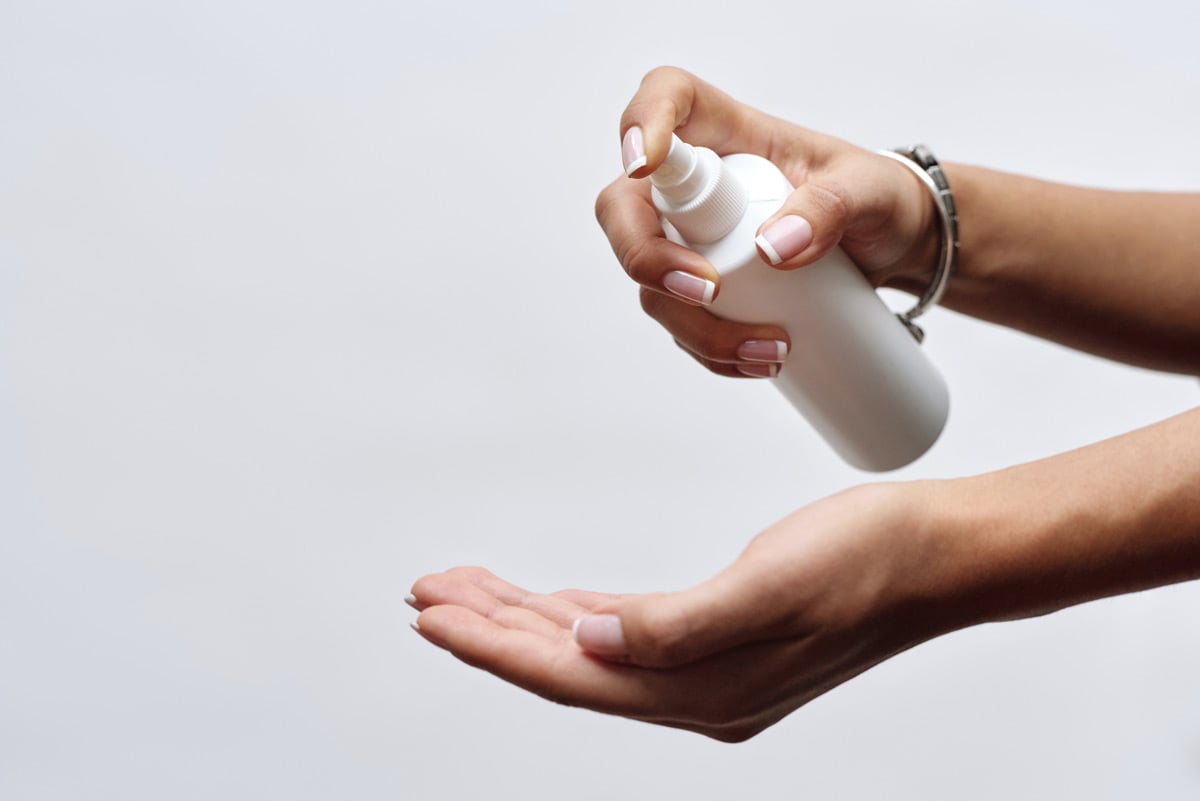
There has been a lot of buzz around hypochlorous acid recently. With India, China, and Japan holding key markets for this particular compound. Data shows the market size for hypochlorous acid is estimated to skyrocket by $19.02 million from 2020 to 2025. Paired by a registered CAGR of 1.09%.
Ever since the infection came into the picture, this hard-core cleaner has gained quite the momentum, growing leaps, and bounds in the last few years. But, there is more to HOCl than meets the eye. And here, you can get a basic overview and applications of hypochlorous acid water.
Discover professional insights on this topic from the eBook

HOCl (Hypochlorous Acid Water) – Covering The Basics
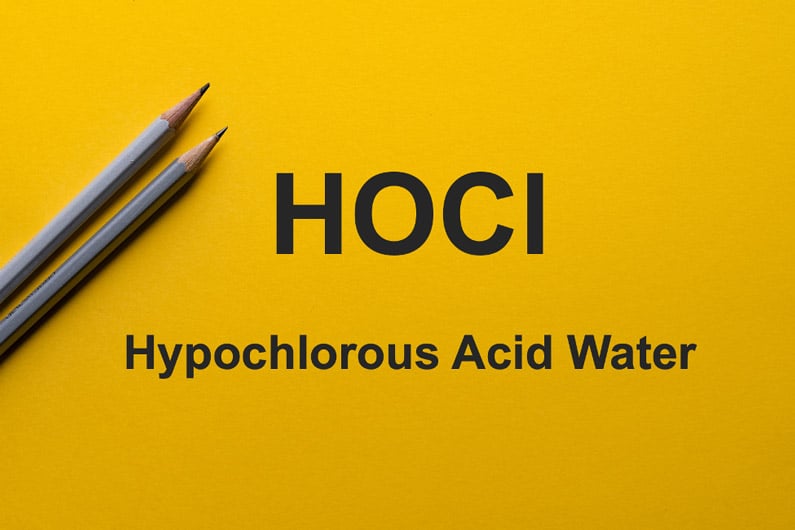
Hypochlorous acid is a notable inorganic bactericidal compound and a key factor against a range of microorganisms. Due to its long scientific history and countless promising attributes, it’s important to break down the details of HOCl, so that people can obtain a better overall perspective.
HOCl is present in the human body. Blood cells are responsible for creating it so that it can take up the role of a protector against bacteria, infections, and various ailments. The moment HOCl comes in contact with invading pathogens, it breaks down the cell walls and eradicates the invader.
This is what experts call a “natural response to bacteria.” HOCl is also mass-produced for many reasons. Scientists cracked the code on how to make hypochlorous acid water, which has made it available for widespread use.
HOCl is a weak acid that forms when chlorine dissolves in water, and in part dissociates, which ends up forming hypochlorite. After dissolving in water, hypochlorous acid water obtains potent disinfection compounds. It is non-toxic and a practical sanitizer and cleaning agent.
What Is Hypochlorous Acid Used For?
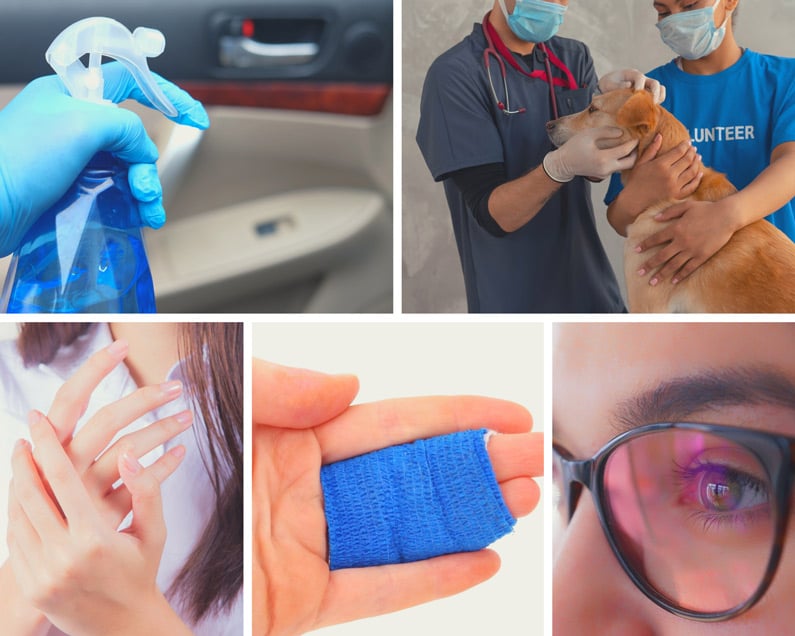
Products with HOCl come in different forms, such as sprays, serums, and creams. Manufacturing improvements now offer a constant, reliable, and safe production of HOCl solutions, designed to meet the needs of a major portion of the population.
What makes HOCl so popular is its variety and practicality. It can be used in:
- Infectious disease control (disinfectant)
- Wound care (wound healing)
- Eye care products
- Skincare products
- Veterinary care
Many people wonder “is hypochlorous acid the same as bleach”. Aside from being a staple in cleaning, hypochlorous acid (HOCl) is a non-toxic and less dangerous alternative to bleach (NaOCl). When you take a look at hypochlorous acid vs bleach, it’s crucial to point out that they feature different properties and compounds.
Bleach is produced via a chemical reaction between sodium hydroxide and chlorine. Whereas HOCl comes from the electrolysis of salt water. Meaning that the hypochlorous acid is non-irritating and non-toxic, as opposed to bleach, which can cause nausea and irritation.
HOCl for Infectious Disease Control
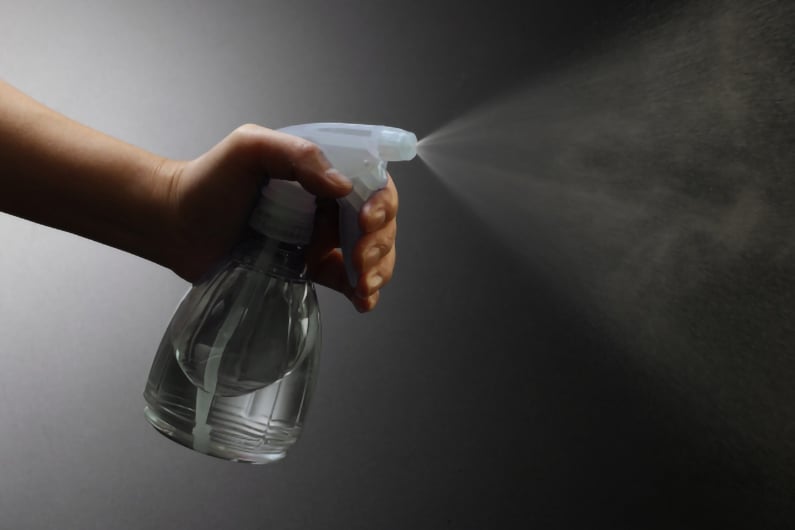
Experts recommend hypochlorous acid (HOCl) to be used as a powerful disinfectant. HOCl is an active sanitizer in hypochlorite-based products. When it comes to fighting bacteria, some considered it to be 100 times stronger than bleach.
EPA or ECHA registered sanitizers and disinfectants packed with HOCl destroy 99.9% of germs. Predominantly listeria, staph, influenza A, salmonella, norovirus, and MRSA. It’s currently also being used for avoiding the novel infection to curb the risk of contracting the pathogen.
Fogging HOCl
Hypochlorous acid is safe for human health and is suitable for spraying because it is effective at low concentrations.
Even at concentrations as low as 80 ppm, it is effective in reducing germs. From doorknobs to table tops, germs are present in more places than we can identify.
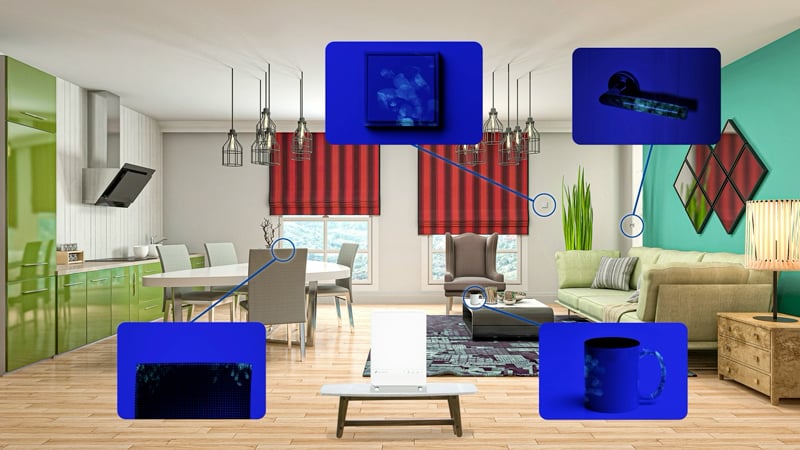
In other words, by using a special fogger to automatically and evenly deliver the active ingredients to all surfaces in the room, you can create a hygienic environment without any hassle.
Reference: 4 BENEFITS OF HOCL FOGGING (HYPOCHLOROUS ACID)
HOCl for Wound Care
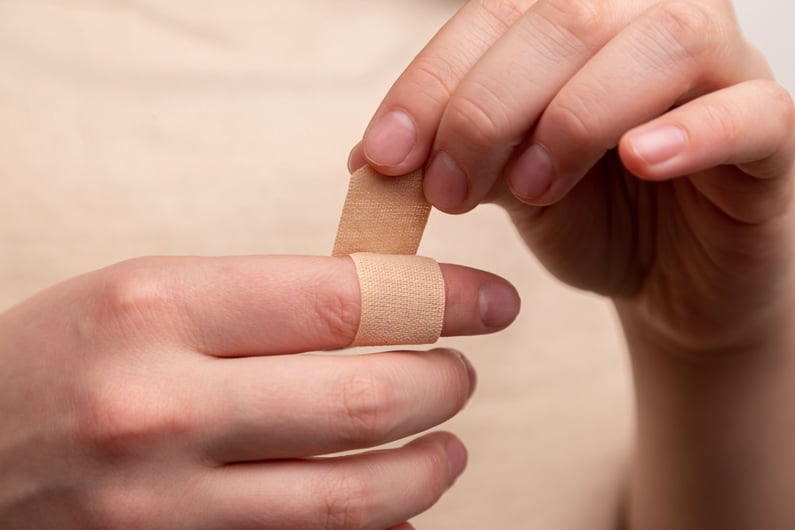
Research shows that advanced HOCl (hypochlorous acid) solutions based on electrochemistry are useful and safe agents for cleaning wounds. Strong evidence suggests that the compound can be used in diabetic foot wounds. Whereas moderate evidence supports its use in septic surgical wounds. With that in mind, HOCl can be added to tissue management, moisture imbalance, edge of the wound, and managing an infection.
HOCl for Eye Care Products
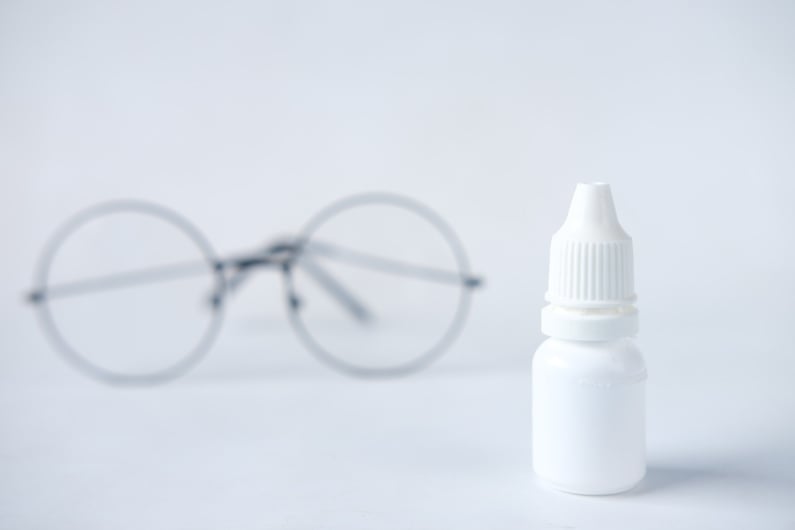
HOCl is a natural agent with potent anti-microbial properties. It can drastically curb the amount of bacteria present near the eyelashes and eyelids. HOCl-based products decrease the bacterial load by more than 90% when used properly. That’s why, in eye care, HOCl is a go-to option in managing chronic dry eyes and blepharitis.
HOCl for Skincare Products

Countless dermatologists are looking to harness the antimicrobial superpowers of HOCl. Mainly for treating infections on the skin and acne. Hypochlorous acid can aid with the natural rejuvenation process and offer some soothing properties. Especially on skin that’s been damaged by a chronic condition, such as psoriasis, rosacea, and eczema.
HOCl in Veterinary Care
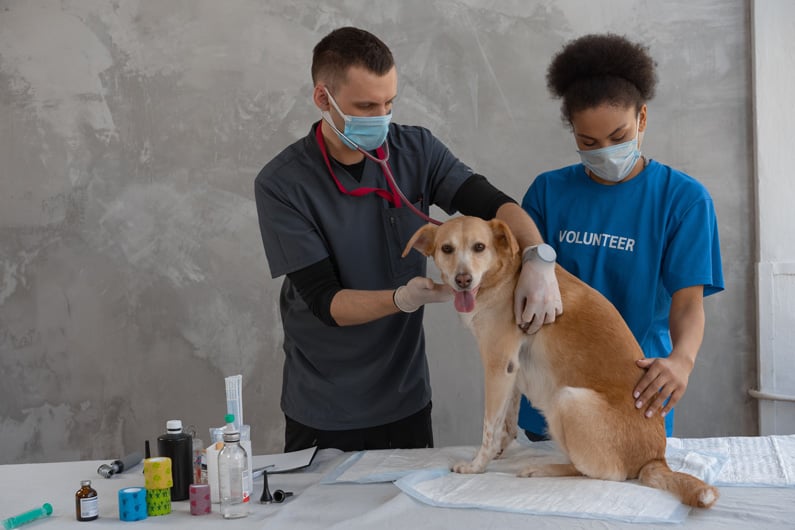
The reason why HOCl is the perfect chemical for veterinarians is that it can serve multiple purposes based on the products acquired. It could be used as a sanitizer or disinfectant to keep the areas clean and free of germs.
But, hypochlorous acid can also be used in animal care. It can help with typical bacteria found in livestock, such as Salmonella Infantis and Escherichia coli. This is a fast-acting solution that eliminates the bacteria a couple of seconds after application.
Is Hypochlorous Acid Environmentally Friendly?

Many people want to know is HOCl harmful to the environment. The answer is not really. According to the American Environmental Protection Agency, hypochlorous acid is non-hazardous. But, depending on its pH concentration, it could be irritant or corrosive.
Overall, it is less toxic to mammals compared to the other active ingredients found in typical disinfectants. Based on its acute toxicity scale, it is ranked as Category IV, meaning it has the lowest level. While, at the same time, HOCl portrays notable capabilities in dealing with microscopic bacteria, fungi, and viruses.
Is It Safe to Drink Hypochlorous Acid?
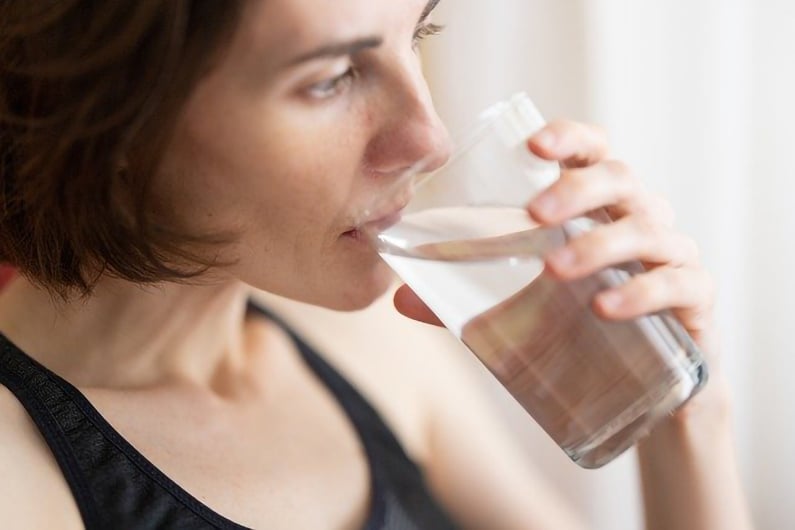
People are asking can you drink HOCl water? HOCl-based products should be used as intended. The good thing is that hypochlorous acid is safe for both animals and humans to consume. That is why some use it to disinfect their drinking water. But, do have in mind that the disinfected water can taste and smell like chlorine. So, use the products as explained on the product packaging.
Conclusion
HOCl has a wide range of applications. From skincare, veterinary care, to wound treatment and infectious disease control - it can be tailored to reach a much wider consumer base. Whatever you plan on using HOCl-based products, they will meet your needs. They convey the necessary results and feature just the right potency.
Discover professional insights on this topic from the eBook below. Store the data and make it yours.
